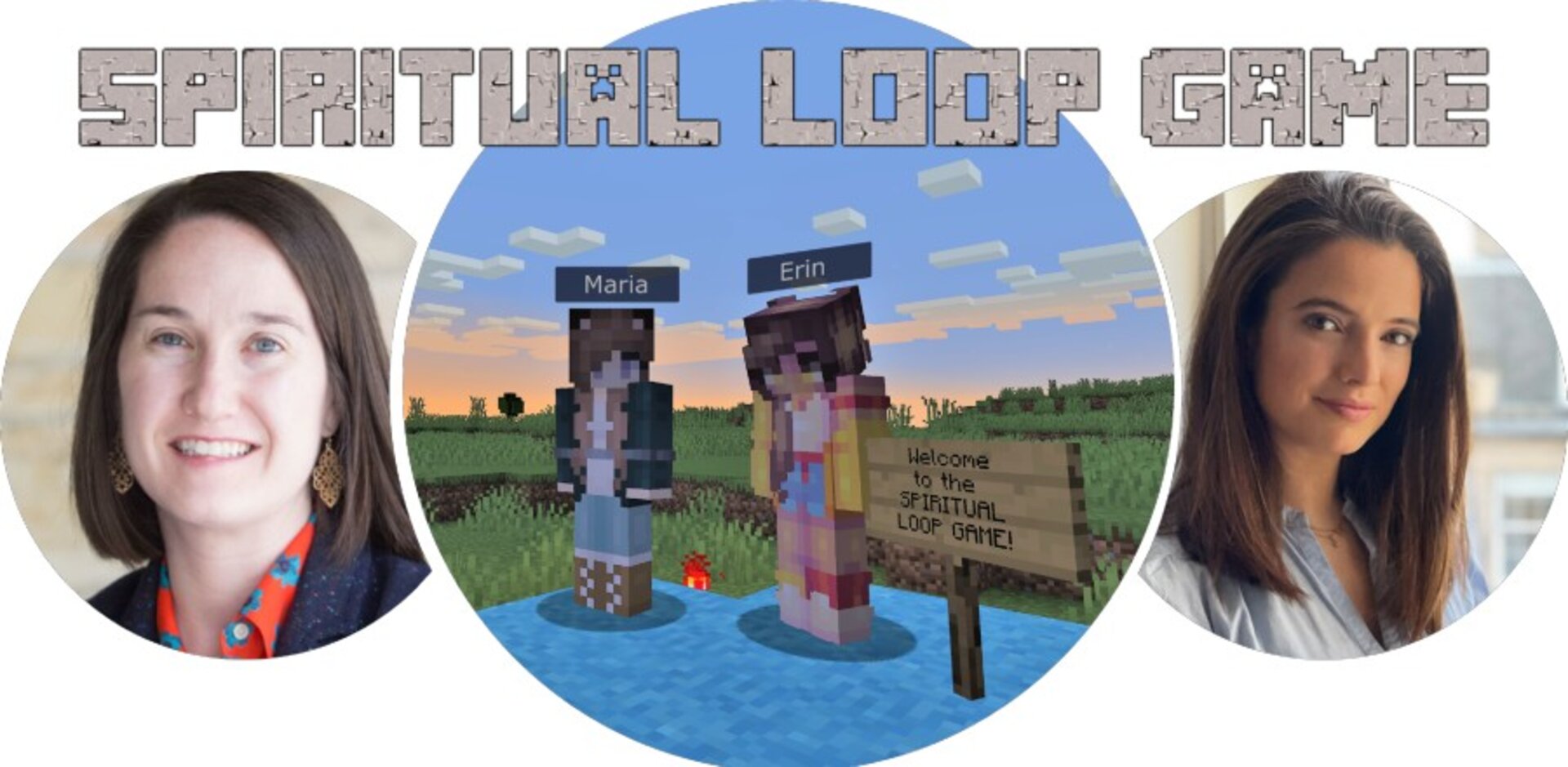Creating new spiritual worlds for young disabled people

Researchers at Glasgow Caledonian University are looking to use the popular video game Minecraft to help young people with disabilities better engage with spiritual communities.
Professors Gordon Morison and Gianna Cassidy have secured £40,000 of research funding from the Centre for Theological Inquiry (CTI) in Princeton, USA, to work on the project, named The Spiritual Loop.
The six-month project is a collaboration with Professor William Storrar and Dr Erin Rafferty from the CTI, and will be driven here in Scotland by GCU Data Visualization PhD student Maria Insa Iglesias, along with Professor Morison.
The CTI is looking for a solution to a pastoral problem it says is frequently experienced by families with severely disabled members, which is integrating them into the spiritual life of their religious congregations.
Minecraft is a popular video game played by all ages, which allows the user to create their own worlds and interact with other people online. Its open source nature allows developers to modify the game to suit different needs.
The GCU researchers intend to make modifications to the Minecraft game that will allow players to access spiritual guidance via Artificial Intelligence (AI), away from a traditional setting. The initial phase of the project will look at the mechanism for delivering the AI within the game. The foundation of the AI will be provided by the academics at CTI.
Maria Insa Iglesias said: “We have already created our own Minecraft server using CraftBukkit, a modification of Minecraft's server software, which means participants of the project can interact freely with the environment we have created for them. We now need to find a way to implement the AI into this environment, which will allow the user to feel they are part of their congregation.
“All congregation members who join the game will have their own Minecraft avatar, which can be customised. This will be their visual representation within the game. The game will also feature ‘AI players’, to support and guide congregants through the game, similar to how the leaders of a real-world congregation would do it.”
Professor Morison said: “The use of video games has extended to education, giving users the ability to be creative to complete tasks towards a goal and interact socially. Video games are very inclusive, even for people with disabilities, who may not otherwise be able to access typical social settings.
“This project considers the hypothesis that machine intelligence can be a new element in pastoral strategies and practices.”
